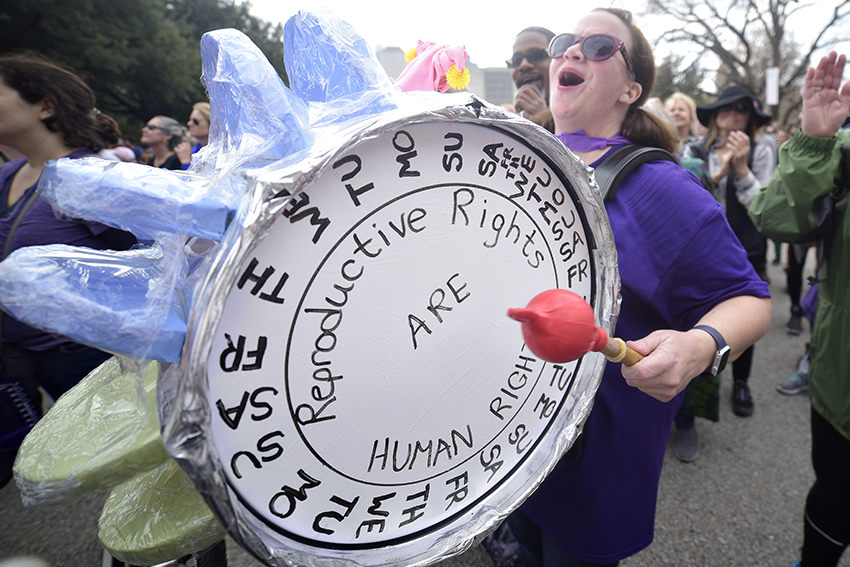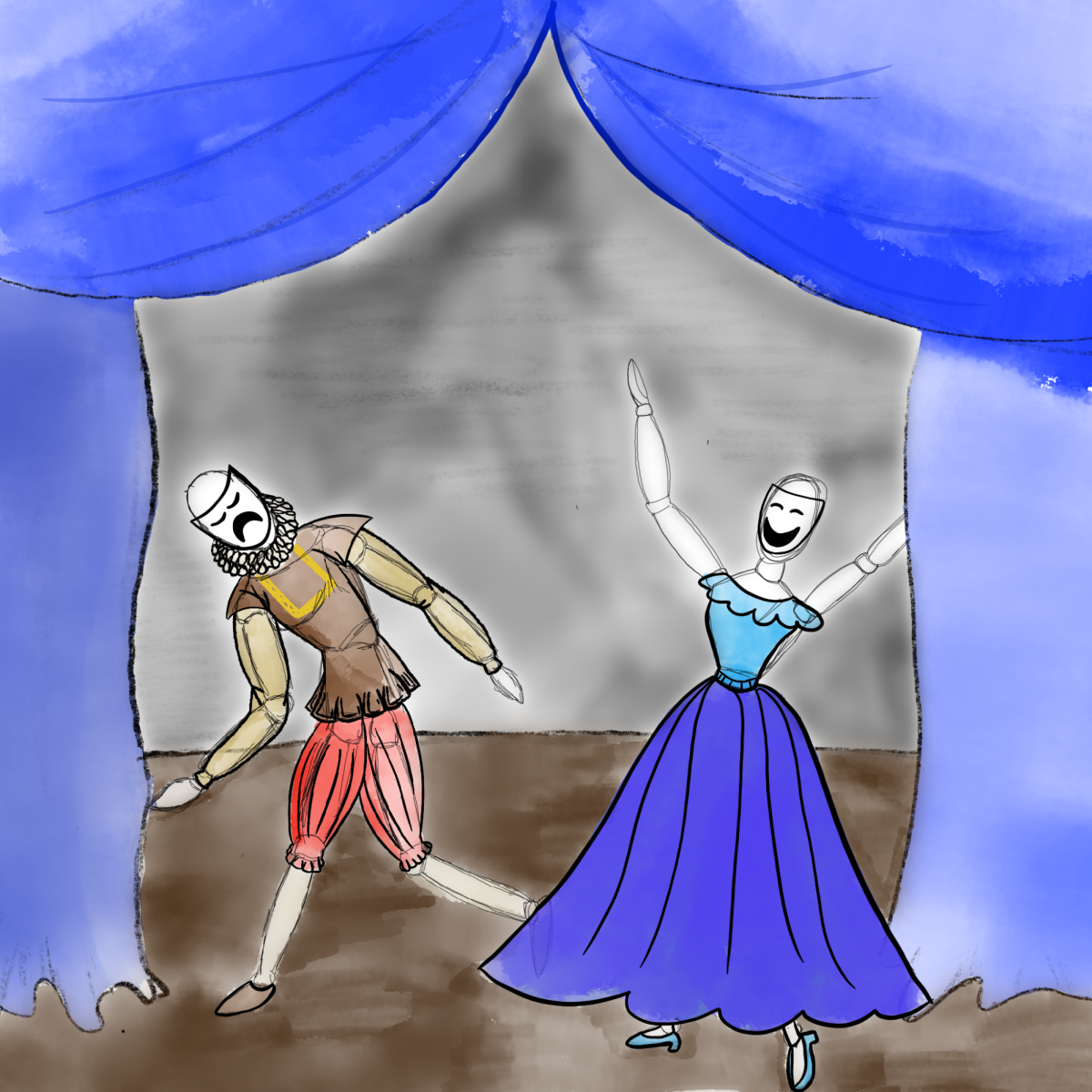A year ago, hopeful marchers filled the streets of Austin donning pink “pussy hats,” determined to show the newly elected president they wouldn’t be so easily subdued. This year, marchers returned to the streets to demonstrate the same message: The fight is still not over.
On Saturday, Austin hosted a myriad of protests, which included an impeachment rally, a women’s march and a celebration of the 45th anniversary of the Roe v. Wade court case. Among the protesters were those coming together to vocalize their support for women’s rights in the aftermath of the #MeToo campaign, a social media movement in which both men and women shared their sexual assault stories.
Mayor Steve Adler, who was present among the protesters, noted that the past year year has been a transformative one for the country, and while it still has a long way to go in terms of women’s rights, events such as the march help blaze the trail.
“I just think this is a really important time for people and communities to stand up,” Adler said. “I think that’s especially important for communities like Austin. Our culture and our values and our example are critically needed right now.”
Erin Eggleston, international relations senior, said she believes that many people came out to the march simply because they were angry with what was happening around them.
“We’ve seen so many women come out with sexual assault stories,” Eggleston said. “People are just angry about what is going on and feel a need to be with a community that is accepting of them, especially at a time when it’s easy to feel like they’re being attacked.”
Jennifer Bateman, an Austin-based actor and advocate, said she came out to the march with a drum because she was angry and just wanted to hit something. Bateman also said that while last year’s march felt hopeful, this year’s felt more like a “warrior” call to action.
“Now the tone is much more serious,” Bateman said. “Shit’s gettin’ real, the party is over and it’s time to get down to business.”
According to Bateman, last year’s women’s march kicked off the year of reckoning in which women’s voices finally seemed to be heard.
“We were all waiting to see what would happen,” Bateman said. “That momentum was built, and I don’t know if the #MeToo movement would have happened if the women’s march hadn’t.”
This sentiment was shared by Barbara Hines, adjunct professor in the School of Law and a marcher, who said the events of the past year have inspired women to take action.
“I think that there is more space for women,” Hines said. “More women have been elected, more women are running for office and there is more awareness about sexual assault, so out of this terrible environment that’s one of the positive things.”
Hines wasn’t the only university faculty member present at the march. Marti Kennedy, a women’s studies professor, was also in attendance. Kennedy is a founding member of the Texas Handmaids, an activism group that dresses as characters from the novel and television series “The Handmaid’s Tale.”
Kennedy, who led this year’s women’s march, recalled a promise she made to herself in 1987 that she would never give up on women’s rights, and encourages other women to do the same until real progress is made.
“I said, ‘I will never quit.’ When I’m an old, gray-haired grandma, I’m gonna be in a wheelchair, in front of the march with a banner, shouting,” Kennedy said. “Here I am. That was 31 years ago and here I am — except we’re still fighting for the same issues.”















